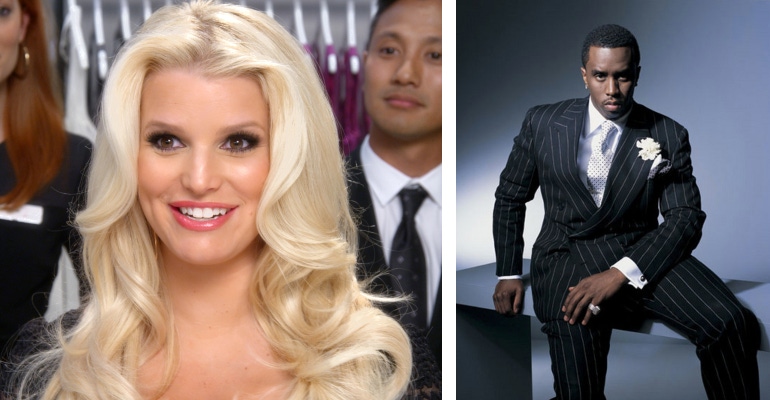Celebrity IP Gets Personal
What it means when celebrities “get their name back” in business.

Last year, two celebrities made the news for reclaiming ownership of their respective companies with which they were once associated, including their name rights.
At first glance, a celebrity “losing” their name is puzzling. Who would voluntarily give away their name, especially when the name is synonymous with the products bearing it? It’s business, nothing personal.
Let’s go back to what intellectual property, or IP, is. Intellectual property is a legal claim to keep a person’s “creations of the mind,” such as novel inventions, ornamental aspects of valuable products, literary and artistic works, photographs, brand names, logos and designs. (The Fashion Law has a great introduction on the subject.) Intellectual property also shows up in consumer products.
Celebrity collaborations aim to grab their fanbase’s attention and disposable income. For a limited run, the public figure works with a company for a line of branded apparel, cosmetics and/or home décor. Sometimes those limited collaborations lead to a new business revenue of the celebrity brand with licensing. But not all celebrities stay involved in a licensing program. Some sell off their licensing, which includes their names. Very few celebrities buy back their names.
In December 2021, Sean Combs announced he bought back the rights to the Sean John brand. Once a staple in hip-hop fashion (particularly, its baby-blue logoed tracksuit), the music producer/businessman shifted focus to his beverage empire with Ciroc vodka and DeLeón tequila and sold the apparel brand to Global Brands Group Holdings, from whom he bought back the name for $7 million.
In the aftermath of her reality series on MTV, musician Jessica Simpson launched her licensing line in 2005 in apparel, accessories and cosmetics. At one point, her brand was estimated at $1 billion, and she was holding her own with other licensed designers, which gained popularity in the mid-aughts. Simpson eventually sold to Sequential in 2019, and only repurchased last year.
When a celebrity gets the rights back to a company that bears their name, expect to see a shift in its licensing programs. Both Combs’ and Simpson’s apparel lines are ripe for a revival a la Juicy Couture and Baby Phat. This time around, the celebrities may have more say in their licensing programs instead of a third party doing their bidding. Owning the rights to your name is not just good for autonomy but good for business.
About the Author(s)
You May Also Like








